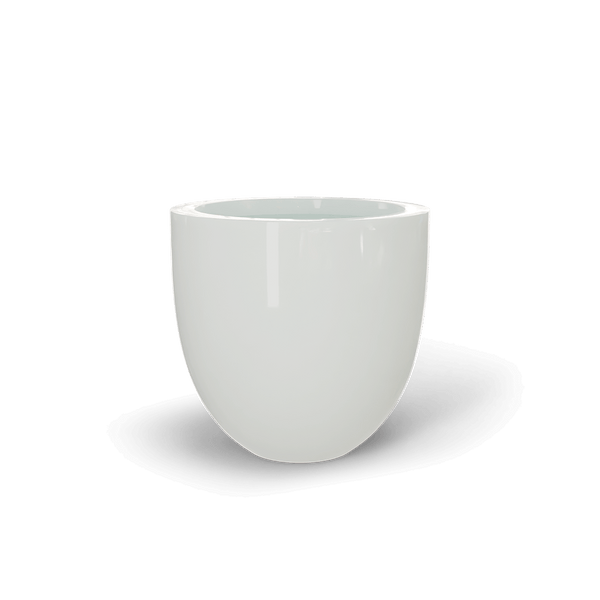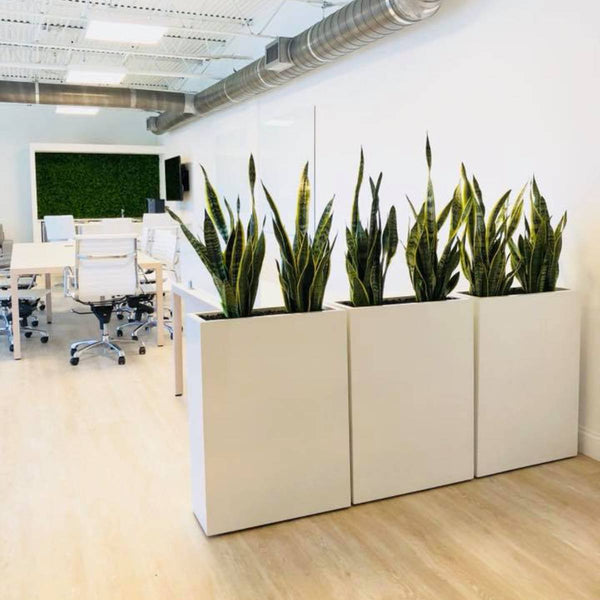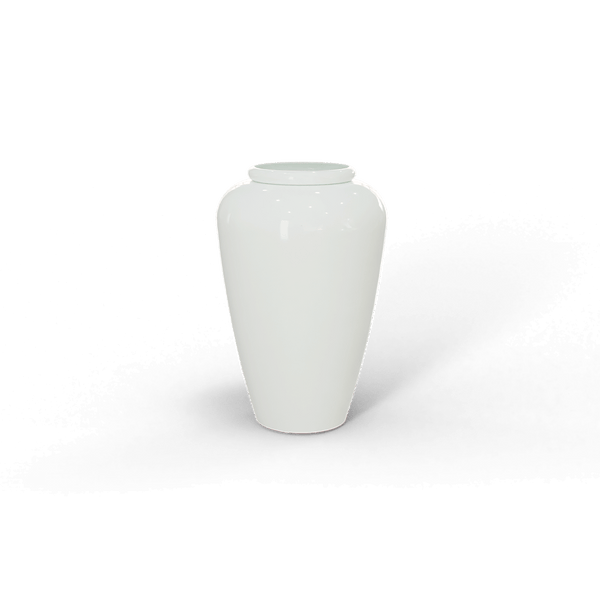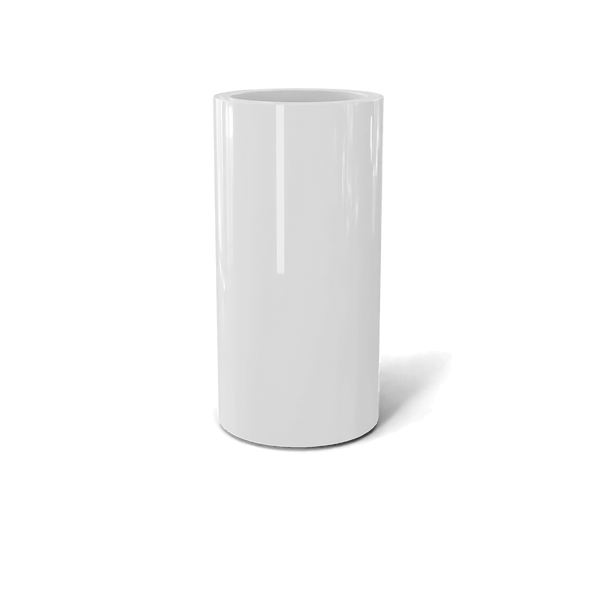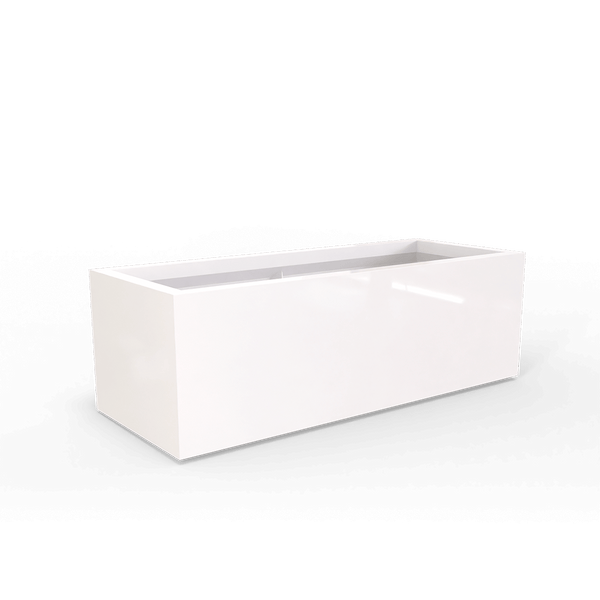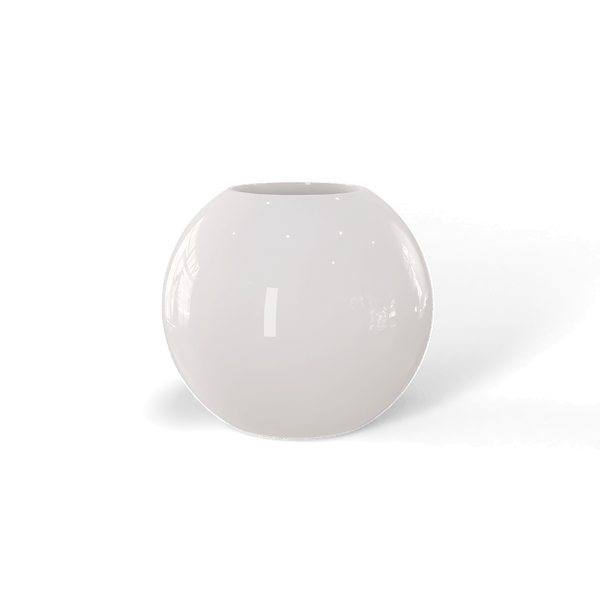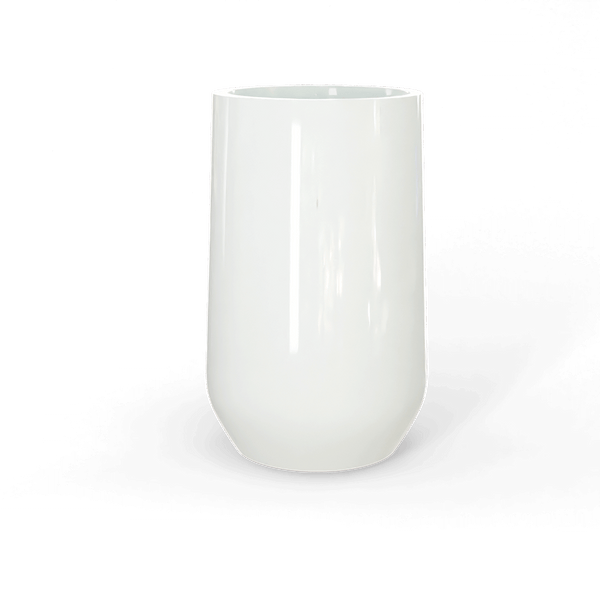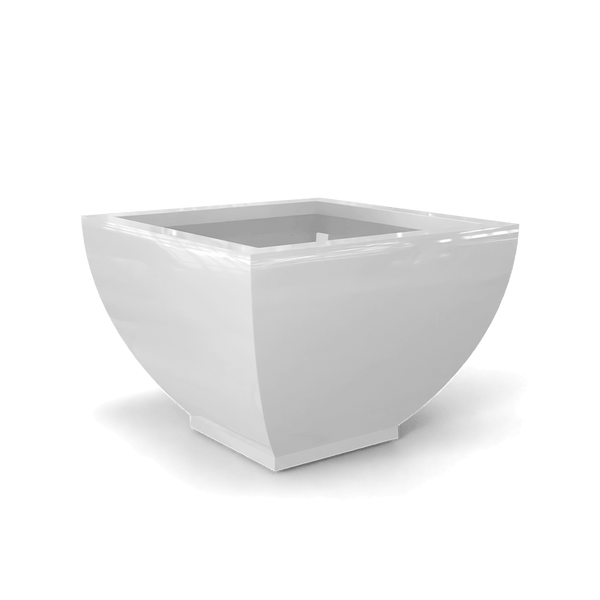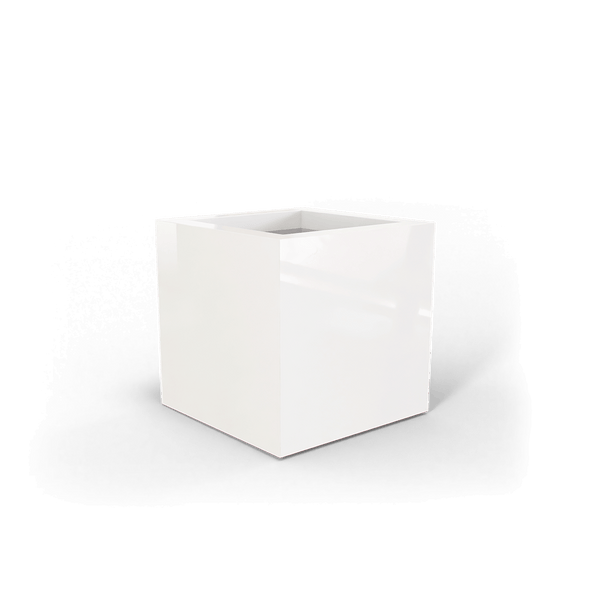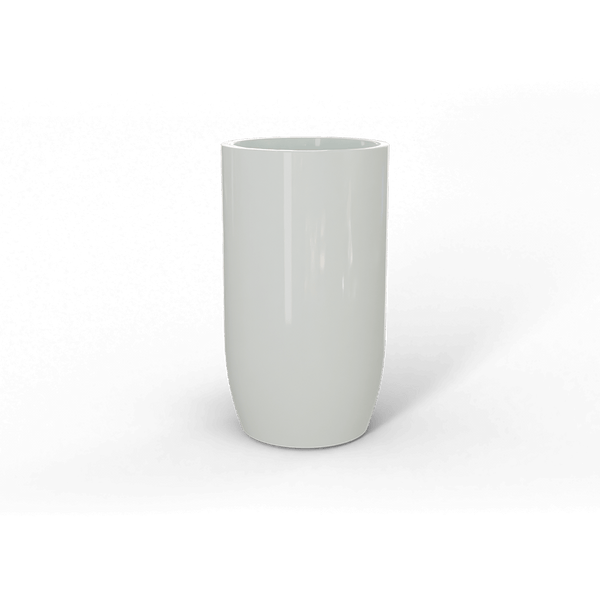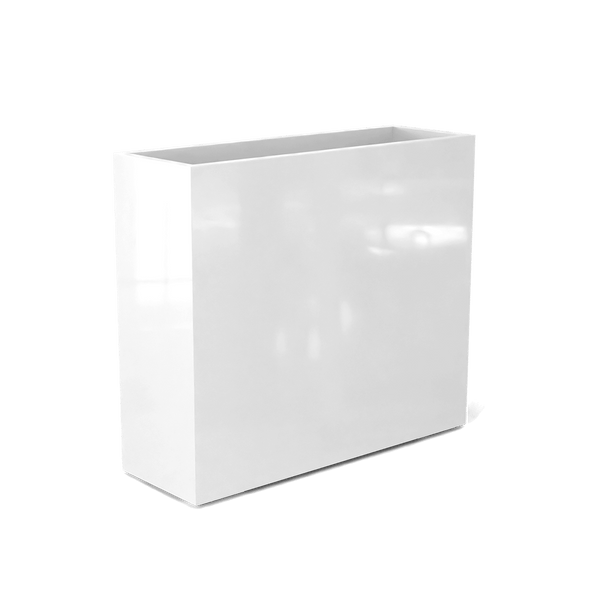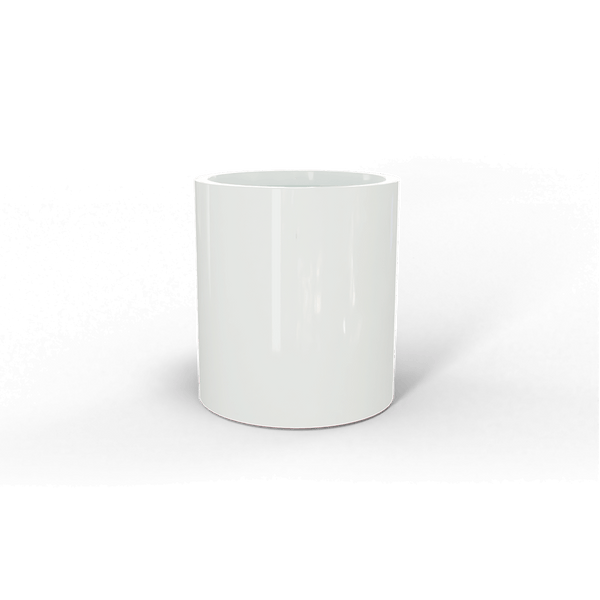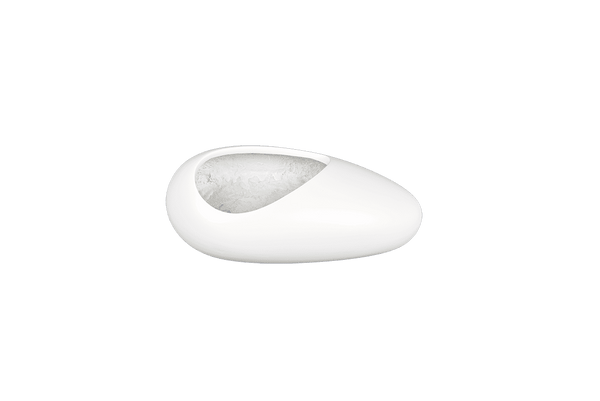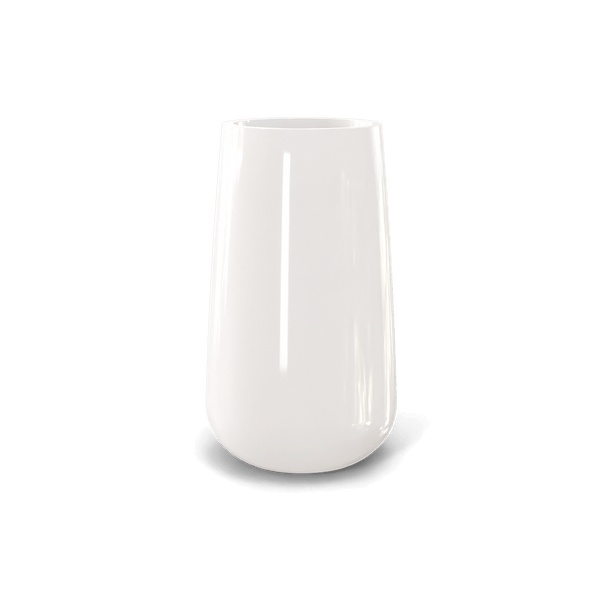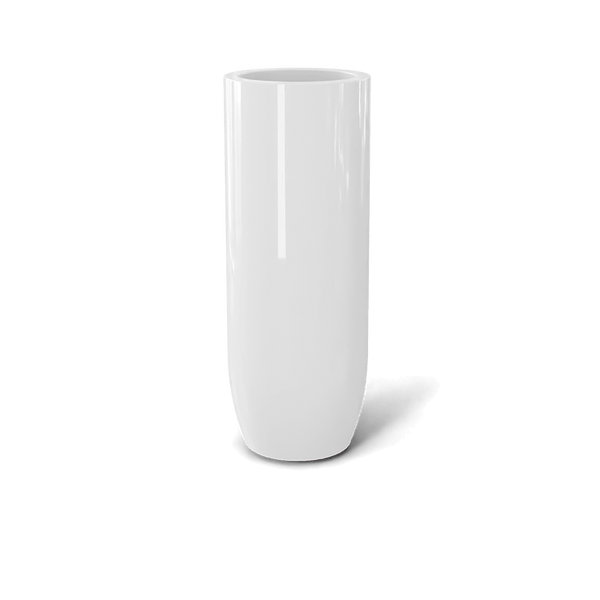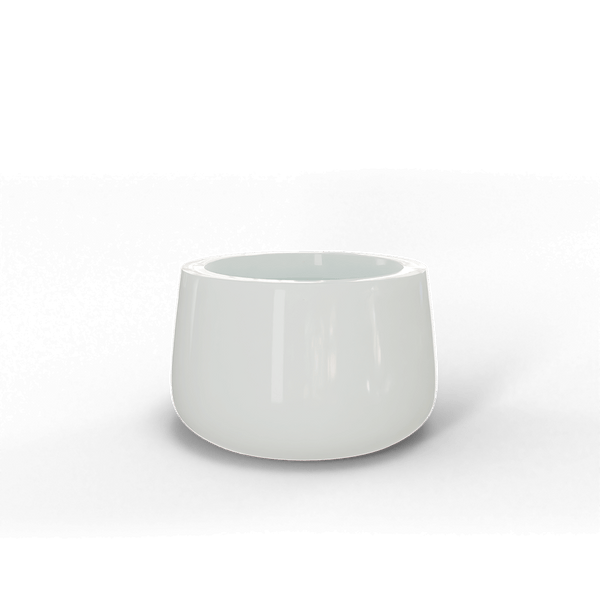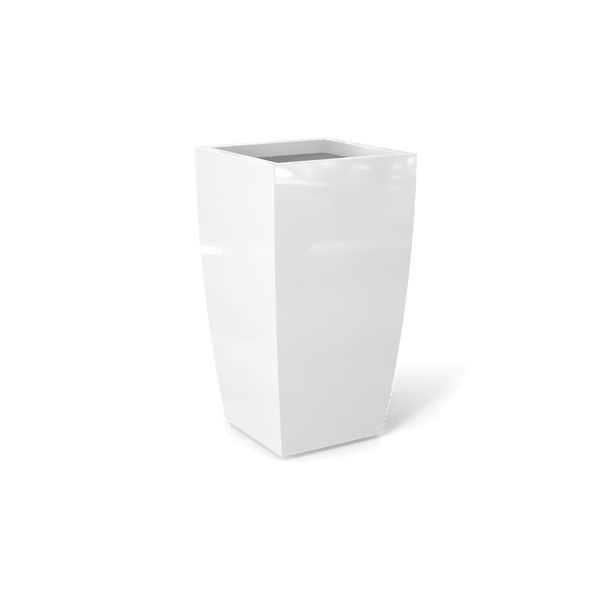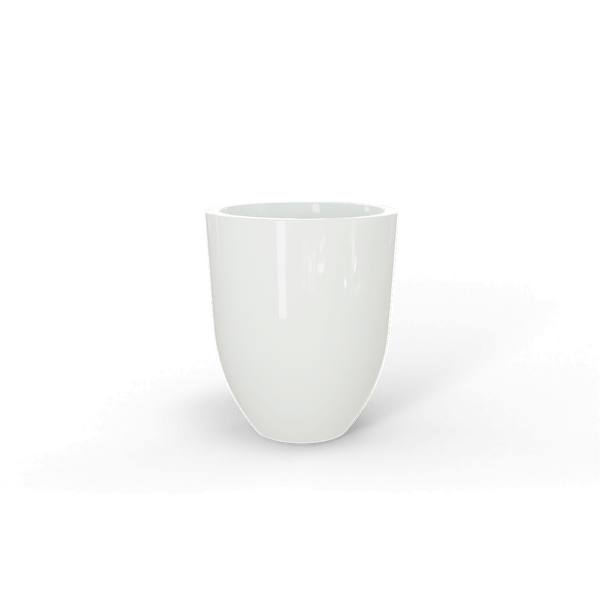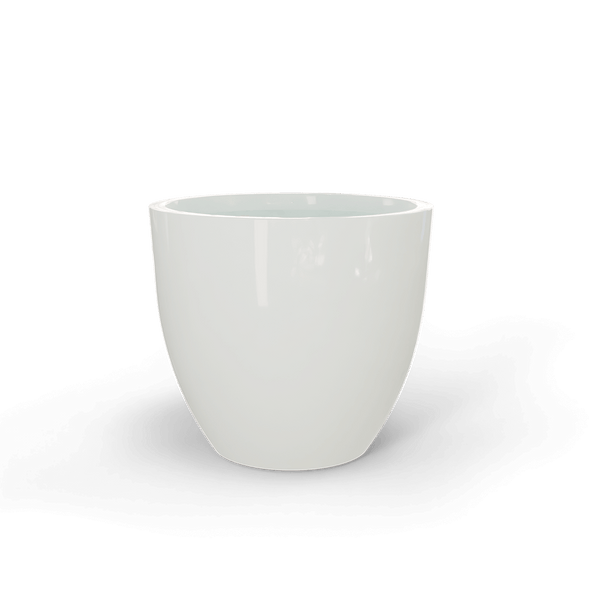No Products in the Cart
The Easiest Flowers to Grow & Care
There's nothing quite like the joy of seeing a flower bloom, especially when it's inside your own home. For beginners, the idea of growing indoor flowers can seem intimidating, but many beautiful, vibrant plants require surprisingly little effort. This guide will introduce you to 15 easy-care indoor flowers that are perfect for anyone new to gardening, helping you bring lasting color and life into your space.

Choosing the right plant is the first step to success. The ideal beginner-friendly flower is resilient, adaptable to typical indoor conditions, and forgiving of occasional neglect. From the reliable Peace Lily to the cheerful African Violet, these plants will reward you with stunning blooms without demanding constant attention. We'll cover everything you need to know, from light and water to choosing the perfect planter to showcase your new floral friend.
Why Choose Easy-Care Flowers?
For beginners, starting with low-maintenance plants is the key to building confidence and enjoying the gardening journey. Easy-care flowers are typically more forgiving of common mistakes like inconsistent watering or less-than-ideal lighting. They adapt well to average indoor environments and are less susceptible to pests and diseases, allowing you to experience the reward of beautiful blooms without the stress.
Top 15 Easy-Care Indoor Flowers for Beginners
1. Peace Lily (Spathiphyllum)
 The elegant Peace Lily is known for its air-purifying qualities.
The elegant Peace Lily is known for its air-purifying qualities.The Peace Lily is a classic beginner's choice for a reason. Its elegant white spathes (often mistaken for flowers) rise above glossy, dark green leaves. It's not only beautiful but also one of the best plants for purifying indoor air. Best of all, it dramatically droops when it needs water, giving you a clear visual cue. The sophisticated, upright growth of a Peace Lily is beautifully complemented by a classic round planter like the Saint Tropez.
Care Tips: Prefers medium, indirect light but tolerates low light. Water thoroughly when the top inch of soil is dry. Keep soil evenly moist but not waterlogged.
2. Anthurium

Known for their bright, waxy, heart-shaped "flowers" (which are actually spathes), Anthuriums provide a long-lasting splash of color, typically in red, pink, or white. They are surprisingly resilient and can bloom year-round in the right conditions.
Care Tips: Thrives in bright, indirect light. Water when the top 1-2 inches of soil are dry. Appreciates higher humidity.
3. African Violet (Saintpaulia)

A beloved classic, African Violets are small, charming plants that can produce clusters of purple, pink, or white flowers throughout the year. They are perfect for smaller spaces and don't require a lot of room to put on a beautiful show. Their compact size makes them an ideal match for a modern, minimalist container like the Montroy Cube Planter.
Care Tips: Bright, indirect light is best. Water from the bottom by placing the pot in a saucer of water to avoid getting the fuzzy leaves wet. Keep soil lightly moist.
4. Bromeliad (Bromeliaceae)

For a tropical flair, Bromeliads are an excellent choice. They produce a striking, long-lasting flower stalk in vibrant colors from the center of their rosette of leaves. While each plant only blooms once, the bloom can last for many months, and the plant will produce "pups" to replace itself.
Care Tips: Bright, indirect light. Water by filling the central "cup" of the plant with water and flushing it weekly. Water the soil itself infrequently.
5. Phalaenopsis Orchid (Moth Orchid)

Many beginners are afraid of orchids, but the Phalaenopsis, or Moth Orchid, is incredibly easy to care for. Its elegant, arching sprays of flowers can last for months and come in a vast array of colors and patterns. They are widely available and make a sophisticated statement. Give this elegant flower the stature it deserves with a tall, slender planter like the Toulan.
Care Tips: Bright, indirect light. Water thoroughly about once a week (or when the potting medium is dry), letting all excess water drain out completely. Never let it sit in water.
6. Kalanchoe

A type of succulent, Kalanchoe is prized for its clusters of small, vibrant flowers that last for many weeks. It's extremely drought-tolerant and thrives on a bit of neglect, making it perfect for busy beginners. For more water-wise options, check out our guide to drought-tolerant plants for stunning arrangements.
Care Tips: Needs lots of bright, indirect light. Water only when the soil is completely dry. Avoid overwatering at all costs.
7. Begonia

There are many types of begonias, but varieties like Wax Begonias and Rieger Begonias are fantastic indoor bloomers. They are grown as much for their interesting, often patterned foliage as they are for their delicate flowers.
Care Tips: Bright, indirect light. Keep soil consistently moist but not soggy. They enjoy humidity but dislike having their leaves wet.
8. Geranium (Pelargonium)

While commonly grown outdoors, Geraniums can thrive indoors if given enough light. They produce cheerful clusters of flowers and many varieties have scented leaves. They bring a classic, cottage-garden feel to any room.
Care Tips: Needs several hours of direct sunlight per day. A south-facing window is ideal. Allow soil to dry out between waterings.
9. Christmas Cactus (Schlumbergera)

This easy-care cactus doesn't have sharp spines. Instead, it has flattened, segmented stems and produces beautiful, tubular flowers in pink, red, or white around the winter holidays. It's a long-lived plant that can become a family heirloom.
Care Tips: Bright, indirect light. Water thoroughly when the top inch of soil is dry. Requires cooler temperatures and shorter days to set buds.
10. Amaryllis (Hippeastrum)

Grown from a bulb, Amaryllis produces enormous, trumpet-shaped flowers on tall, stately stalks. They are incredibly easy to force into bloom indoors and provide a spectacular show during the winter months. After blooming, the bulb can be saved to re-bloom the following year. Its tall, top-heavy blooms need a sturdy, stable base, making a square planter an excellent choice.
Care Tips: Bright, indirect light. Water sparingly until growth appears, then keep soil lightly moist. Turn the pot regularly to keep the stalk growing straight.
11. Crown of Thorns (Euphorbia milii)

This succulent is incredibly tough and can bloom nearly year-round. The true flowers are small and inconspicuous, but they are surrounded by colorful, petal-like bracts in shades of red, pink, or yellow. It has thorny stems, so handle with care. Note: This plant is toxic, so it is not suitable for homes with curious pets. For safe alternatives, see our guide to pet-friendly plants.
Care Tips: Needs as much direct sun as you can provide. Drought-tolerant; allow soil to dry out completely between waterings.
12. Clivia (Kaffir Lily)

Clivia is a robust plant with long, strap-like leaves that produces clusters of vibrant orange or yellow trumpet-shaped flowers in late winter or early spring. It thrives on neglect and actually prefers to be pot-bound.
Care Tips: Prefers bright, indirect light but tolerates low light. Water sparingly, especially in the fall and winter, to encourage blooming.
13. Hoya (Wax Plant)

Hoyas are trailing plants with thick, waxy leaves and unique, star-shaped flowers that grow in tight clusters. The flowers are often incredibly fragrant. They are long-lived and very low-maintenance. The trailing vines of a Hoya look spectacular cascading from a Salon Narrow Rectangular Planter placed on a credenza or bookshelf.
Care Tips: Bright, indirect light. Allow soil to dry out between waterings. They like to be slightly root-bound to promote flowering.
14. Gloxinia (Sinningia speciosa)

Often purchased from florists in full bloom, Gloxinias feature large, velvety, bell-shaped flowers in rich jewel tones. They are related to African Violets and have similar care needs. They grow from a tuber which can be saved to regrow.
Care Tips: Bright, indirect light. Keep soil evenly moist while blooming. High humidity is beneficial.
15. Cyclamen

Cyclamen are popular cool-season bloomers, known for their unique, swept-back "butterfly" petals and often beautifully patterned, heart-shaped leaves. They provide wonderful color during fall and winter.
Care Tips: Bright, indirect light. They prefer cool temperatures. Water from the bottom to avoid rotting the central corm. Allow soil to dry slightly between waterings.
Choosing the Right Planter for Your Blooming Plants

The right planter does more than just hold soil—it complements your flower's beauty and ensures its health. For beginners, a high-quality fiberglass planter is an excellent investment. They are durable, lightweight, and offer superior moisture control compared to porous materials like terracotta. Most importantly, always choose a pot with drainage holes to prevent root rot.
Consider the plant's growth habit. A trailing Hoya or Pothos looks stunning in a rectangular planter like the Salon placed on a shelf, while an upright Peace Lily or Anthurium shines in a classic round planter like the Saint Tropez. For small plants like African Violets, a compact cube planter like the Montroy is a perfect fit.
Basic Care Tips for Beginner Success
- Don't Overwater: This is the most common mistake beginners make. It's better to let a plant get a little too dry than to keep it constantly soggy. Always check the soil before watering.
- Light is Key: Most flowering plants need bright, indirect light. This means a spot near a window but out of the harsh, direct sunbeams.
- Provide Drainage: Never use a pot without drainage holes. Drainage is essential to maintaining the health of your plant and the integrity of your outdoor planter.
- Fertilize During Growth: Feed your plants with a balanced liquid fertilizer every 2-4 weeks during the spring and summer when they are actively growing and blooming. Reduce or stop feeding in the fall and winter.




